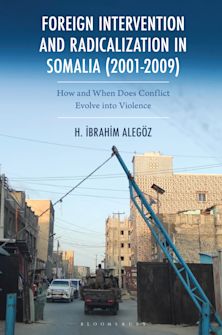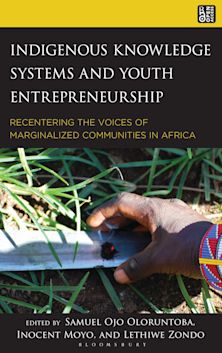Security, Governance, and State Fragility in South Africa
Security, Governance, and State Fragility in South Africa
This product is usually dispatched within 1 week
- Delivery and returns info
-
Free CA delivery on orders $40 or over
Description
Do existing measures of state fragility measure fragility accurately? Based on commonly used fragility measures, South Africa (SA) is classified as a relatively stable state, yet rising violent crime, high unemployment, endemic poverty, eroding public trust, identity group based preferential treatment policies, and the rapid rise of the private security sector are all indications that SA may be suffering from latent state fragility. Based on a comprehensive view of security, this study examines the extent to which measures of political legitimacy and good governance, effectiveness in the security system – especially with respect to the police system – and mounting economic challenges may be undermining the stability of SA in ways undetected by commonly used measures of state fragility. Using a mixed-methods approach based on quantitative secondary data analysis and semi-structured interviews with government officials, security practitioners, and leading experts in the field, this study finds that the combination of colonization, apartheid, liberation struggle, transition from autocracy to democracy, high levels of direct and structural violence, stagnating social, political, and economic developments make South Africa a latently fragile state. Conceptually, the results of this research call into question the validity of commonly used measures of state fragility and suggest the need for a more comprehensive approach to assessing state fragility. Practically, this study offers a number of concrete policy recommendations for how South Africa may address mounting levels of latent state fragility.
Table of Contents
Acknowledgements
Abbreviations
List of Figures, Graphs, and Tables
Chapter 1: Introduction
Chapter 2: Governance and State Fragility – A Security System Correlation
Chapter 3: The Case of South Africa
Chapter 4: Research Methodology
Chapter 5: Human Security in South Africa
Chapter 6: Outsourcing Security in South Africa
Chapter 7: Good Governance in South Africa
Chapter 8: A Concise Statement of Research Findings
Chapter 9: Policy Recommendations
References
Appendix A: List of Interviewees
Appendix B: Biographies
Appendix C: Interview Questions
Appendix D: NVivo Project
Appendix E: Intercoder Reliability
Product details
| Published | Mar 06 2020 |
|---|---|
| Format | Hardback |
| Edition | 1st |
| Extent | 224 |
| ISBN | 9781793609526 |
| Imprint | Lexington Books |
| Illustrations | 20 b/w photos; 5 tables; |
| Dimensions | 239 x 160 mm |
| Publisher | Bloomsbury Publishing |
Reviews

ONLINE RESOURCES
Bloomsbury Collections
This book is available on Bloomsbury Collections where your library has access.



































